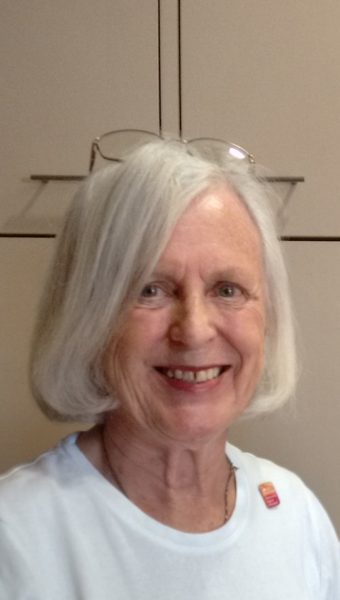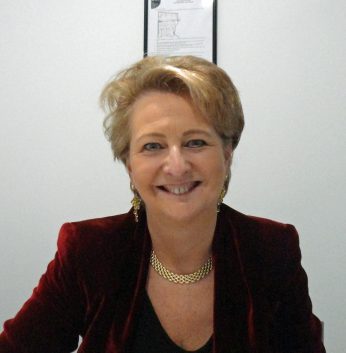By Richard Sharpe
March 2022
Edwina Dunn OBE, Lady Martha Lane-Fox, Dame Stephanie Shirley and Ann Moffatt are just four of the 37 women captured in the Archives of IT who helped shape the IT industry.

She got no response to her letters offering programming services to industry and government when she signed herself Stephanie. She switched to Steve, the name her family used, and started to win business. In March 1996 the company floated in the London Stock Exchange after she had handed over 26% of the ownership to colleagues. The company was floated valued at £69.8 million which had risen to £140 million by the end of the year, according to System House.

“It was wonderful because you were working with other women who had babies, who were managing the children, and some of them had more than one, I only had one at that time. But they were managing their children, they were doing their work, they were vibrant women, they all enjoyed computing and programming and so on and it was very collegiate and the company was growing, and we were getting so much publicity. There was already also all this stuff in the newspapers about Steve Shirley’s company. And there were things like, I remember we did a system for Littlewoods the football pool people, and there was a big, big story in the local sort of rag newspaper saying on Mondays these wonderful women leave their washing and their babies’ nappies to pick your results from their computers. Well, course it wasn’t anything like that at all. But, and I remember when I was expecting my second baby, I was interviewed for a newspaper and they said ‘Vastly pregnant, Mrs Leach…’ – as I was then – ‘sits at her home with her children, writing computer programs’.”
The Times called the company “the housewives’ league of computing.”

Connell says: “Well of course, I saw the changes really from the point of view of working in F International. I find, you know, I think I’m very very very fortunate to have worked for that company, which was again very forward-thinking, everyone was equal, and, Steve wanted to create a share ownership model amongst the employees. So in particular, the Eighties and the Nineties were such an exciting time. I mean you know, computing was taking off. Eventually people got their minds round the Internet and things, computing was becoming more and more important in businesses. The market was growing like Topsy. There was plenty of opportunity for companies providing external services. And it was absolutely amazing. It was a wonderful time to work.”


In this week of International Women’s Day it is worth asking why women account for less than 20% of the contributors to the archives. After all the first programmer was a woman, Ada Augusta Lovelace’s work on Charles Babbage’s analytical engine is well documented.
Dame Stephanie explains: “People have unconscious biases. They don’t really have expectations of their women staff. They encourage them when they’re young and pretty, but as soon as they start to be demanding, they, they’re sort of, pushed aside a bit. Then you have a career gap when many women leave for several years, or work part-time, or have their attention diverted to family matters. And somehow we never catch up. The other thing that happens, and I’m quite convinced of this, is that, women today have no idea what the cost of success is, and what they have to do in order to succeed. I mean I’m continually talking with groups of young and older women as to what simple things they have to do in business to work their way up the corporate ladder.”
Edwina Dunn used some of the profits from her data analytical work to found The Female Lead in 2015. It aims to make women’s stories more visible. Her book, of the same name, profiles 60 women who shaped our world (Embury 2017). Dr Terri Apter, writing the foreword to the book, says: “One of the most pressing questions for a parent – or teacher or mentor – of a young girl is ‘How do I preserve her natural-born curiosity, drive and courage?’ All to often we see the vibrant engagement of the emerging girl quashed by low expectations or rigid roles, battered by self-doubt in adolescence or subsumed by the demands of motherhood.”
Dame Shirley made a joke of the attitude of some men to successful women who managed to keep their natural-born curiosity, drive and courage: Why do successful women have flat heads, she asked a TED conference. Because men pat them on the head and say “well done dear”.
If you know a woman who deserves to be in the archives because of her contribution to forming the world of IT contact us via the Get Involved Form.